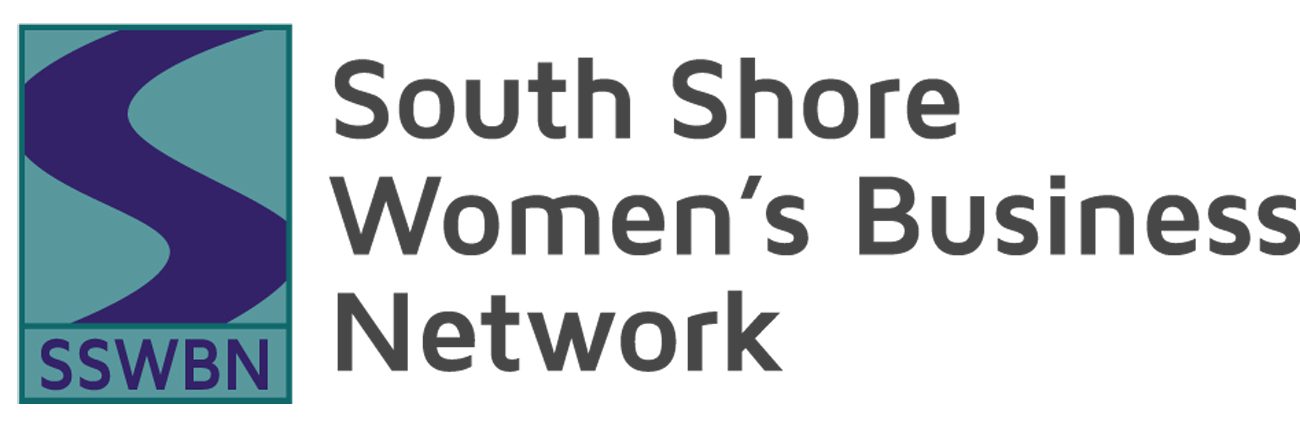You pay someone to create a masterful work for a client and you find that it can be used as a template in your business for other clients. Because you paid for it, you may assume that you own the copyright and can re-use and create derivative works from this masterpiece as much as you want.
The first question you need to ask is whether the person creating the work was acting as an employee or an independent contractor. The test for this usually hinges on the level of control exercised by the company, as it frequently does when looking at IRS employment guidelines. Employers frequently struggle to understand the grey areas of classifying a worker as an employee or as an independent contractor, and they become used to understanding the implications of the classification for payroll processing, unemployment insurance, FICA contributions, workers compensation and health insurance.
One area that frequently gets overlooked is the impact of copyright when classifying a worker as an independent contractor instead of an employee.
The simple guideline is that any copyrighted work created by an employee acting within the scope of her employment is owned by the employer — absent an agreement to the contrary. Any copyrighted work created by an independent contractor is owned by the independent contractor — absent a written agreement to the contrary — with the company paying for the work receiving a license to use the work.
From here it gets a bit more complicated, particularly for independent contractors. Written independent contractor agreements are recommended to confirm the understanding of the company and the worker; but they are an absolute requirement for work-for-hire agreements. To be deemed a work-for-hire, the work must be of a type that can be the subject of a work-for-hire agreement and the parties must agree in writing, generally in advance of the commencement of the creation of the work, that the work is being commissioned as a work-for-hire.
If this is not done, the company is generally deemed to have a license in the work, and then the question boils down to the agreement of the parties as to the scope of the license, which may be implied or stated. Usage licenses are frequently seen in designer agreements that spell out how the work can be used without additional payments to the creator of the work. Unlimited licenses in creative works may cost more than limited use agreements. With a copyrighted work (basically anything that can be put on a piece of paper may be the subject of a copyright if it is original enough) that is not thought of as creative, the analysis may be less clear to the parties involved. If a worker is an independent contractor rather than an employee, this needs to be spelled out in the independent contractor agreement.
Failure to pay attention to this issue could also impact client relationships. The company may make work-for-hire promises in their contracts with clients, and a failure to properly employ people creating the work or to obtain prior work-for-hire agreements with independent contractors, could result in a breach of those contracts. If the worker later sees her work being re-used or sees derivative works created based on her work, she may seek to stop the use or to be compensated for the use.
How to best avoid problems? Really look at whether a worker is an employee or an independent contractor. While you may be tempted to skew your analysis in favor of independent contractor status, make sure you consider issues such as copyright and whether that is an important concern in your industry or in the work you are hiring to be done. And then make sure that you set the expectations for both parties by putting the terms of the work-for-hire arrangement or the scope of the license into a written agreement.
Becky
Rebecca Westerlund Coletta, Esq.
Coletta Law Office
620 County Road
Hanson, MA 02341
Telephone: 339-244-4774
Becky@ColettaLaw.com
|
This column constitutes legal advertising, and is designed only as an information service. While every effort is made to ensure the accuracy of the information, it should not be relied upon as legal advice. Legal advice is only provided after a careful review of the specific facts provided by a client after formation of an attorney-client relationship. |
